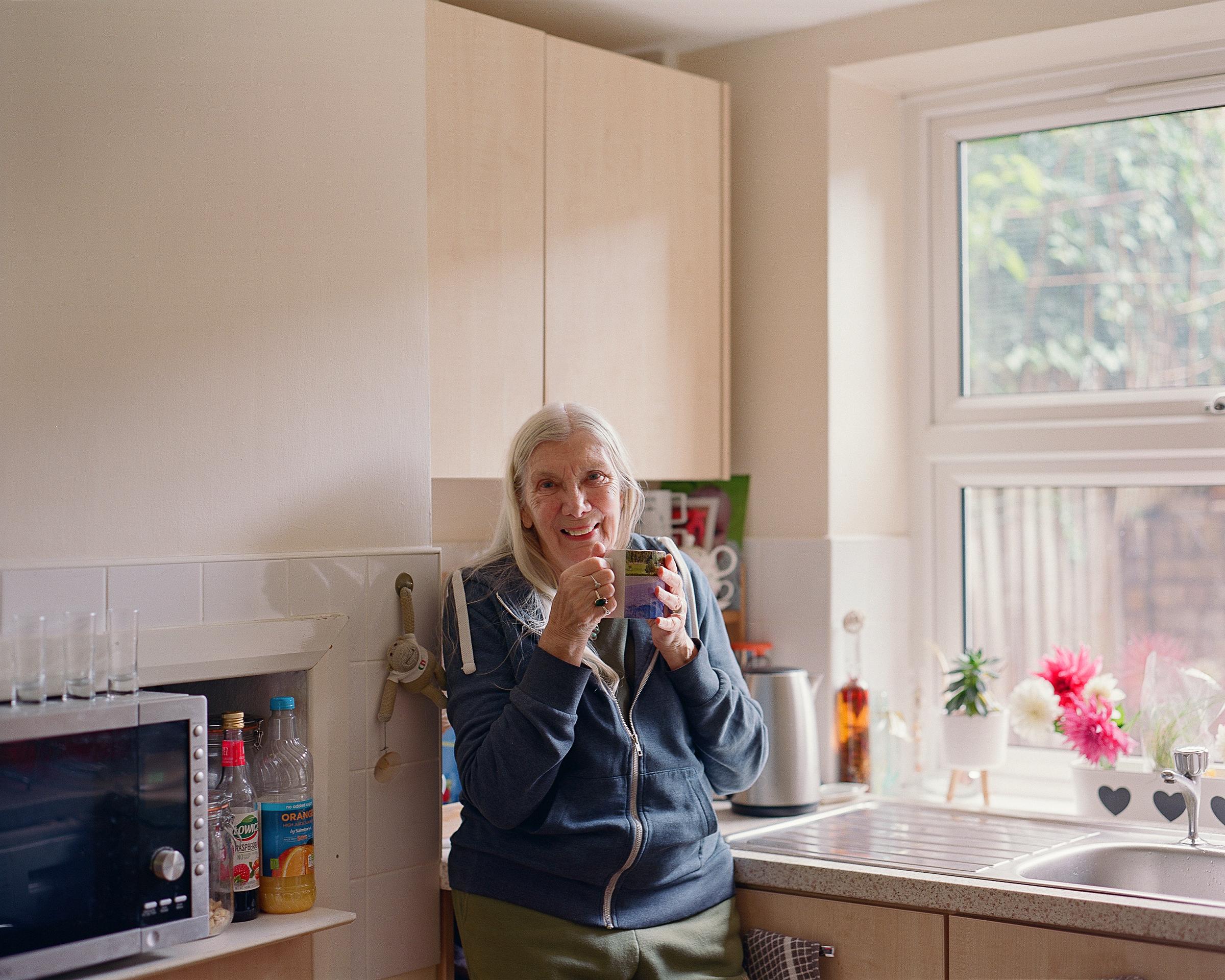Additional 400,000 people pulled into poverty by mortgage rates of 5.5%
New analysis from JRF using a mortgage interest rate of 5.5%, which assumes that mortgage rates remain at their current high rate, finds that:
- An additional 120,000 households, or 400,000 people (roughly the population of Cardiff) [1], will be pulled into poverty over the coming year [2]
- 750,000 households, or 2.4 million people, buying with a mortgage currently live in poverty [3]
- The poverty rate for households buying with a mortgage would increase from 10% in 2020/21 to 12%. This is the highest the poverty rate has been for this group in a decade
- These households would see their monthly housing costs increase to 54% of monthly income, over half their income, up from 38%
In cash terms this is a monthly increase of £250, from £610 a month to £860 a month. People on low incomes with mortgages will also be facing rising food and energy costs, in addition to their increased monthly housing costs.
Because of higher mortgage rates, as people remortgage or remain on variable or tracker mortgages JRF is warning of the following:
- An increase in demand for private renting as households struggle to access mortgages or have to sell their mortgaged properties
- A rise in rents as demand increases, in addition to the rocketing rents for new lets
- Even if the housing market largely returns to ‘normal’, where mortgage rates fall back to below 3% and house prices are similar to current levels, lending criteria could be stricter, making it more difficult for first-time buyers to get on the property ladder
JRF says the Government must act in response to this unfolding crisis and learn the lessons of the past by:
- Protecting mortgage holders likely to face the most acute financial distress, so they can remain in their home
- Providing emergency support to private renters, so they can afford their housing costs
- Maintaining housing transactions so that the market doesn’t shut down, by keeping first time buyers in the market and expanding the capacity of councils and housing associations to buy homes
- Setting out an overall goal of achieving a managed correction in house prices
Darren Baxter-Clow, Senior Policy Adviser at JRF, says:
“The Government should rightly be concerned about the looming mortgage crisis and the crisis already being faced by private renters. Support must be targeted at mortgage holders in poverty and those who could be pulled into poverty by their housing costs who risk losing their homes, along with private renters who are already facing rapidly rising costs.
“However, any support must not just prop up a broken housing market. Exorbitant house prices have shut millions out of homeownership for decades and trapped too many in an unaffordable, insecure, and poor quality private rented sector. Any crisis support must end the current cycle of boom and bust and work towards a healthier and more equitable housing system”.
-
https://www.ons.gov.uk/visualisations/censuspopulationchange/W06000015/
-
This assumes 40% of households buying with a mortgage are impacted by increasing mortgage interest rates over the coming year, including those who are on a standard variable rate or tracker mortgage and those whose mortgage fix has come to an end. (See Fig 1: Fixed Rate Period of Outstanding Mortgages https://builtplace.com/market-commentary-july-2022/)

This news article is part of the housing topic.
Find out more about our work in this area.